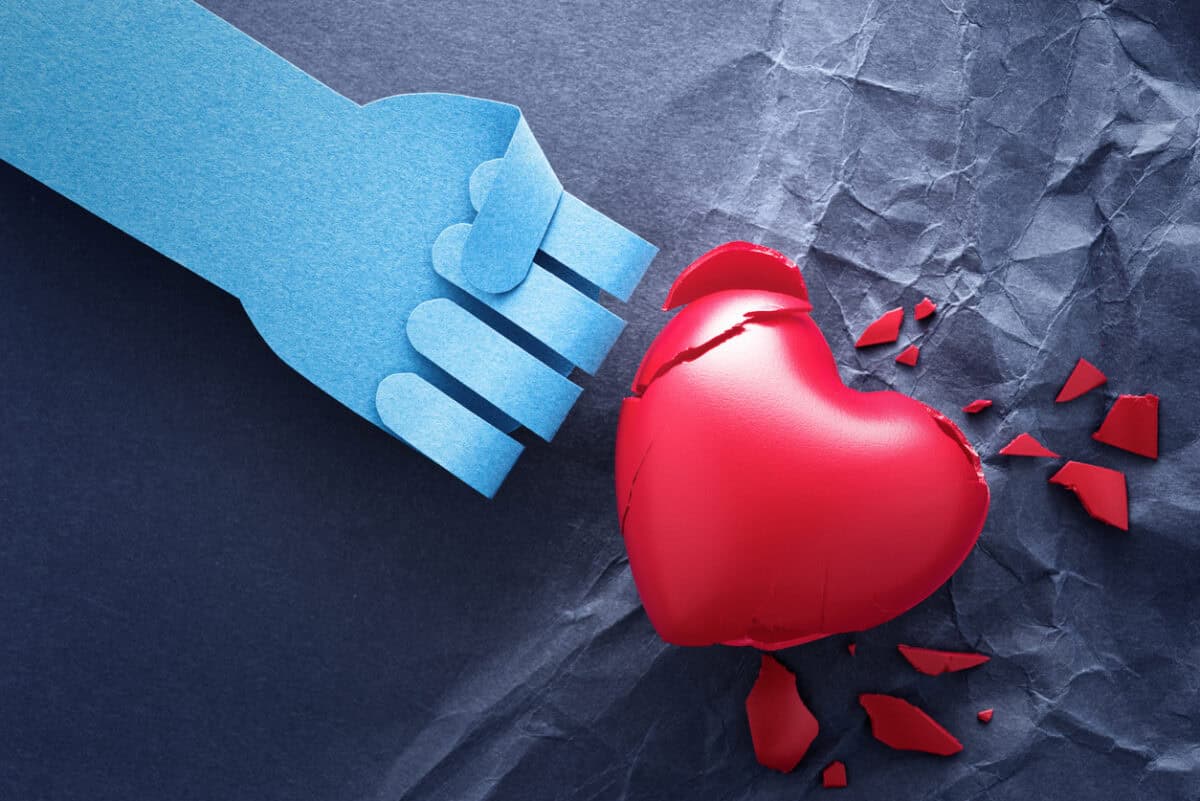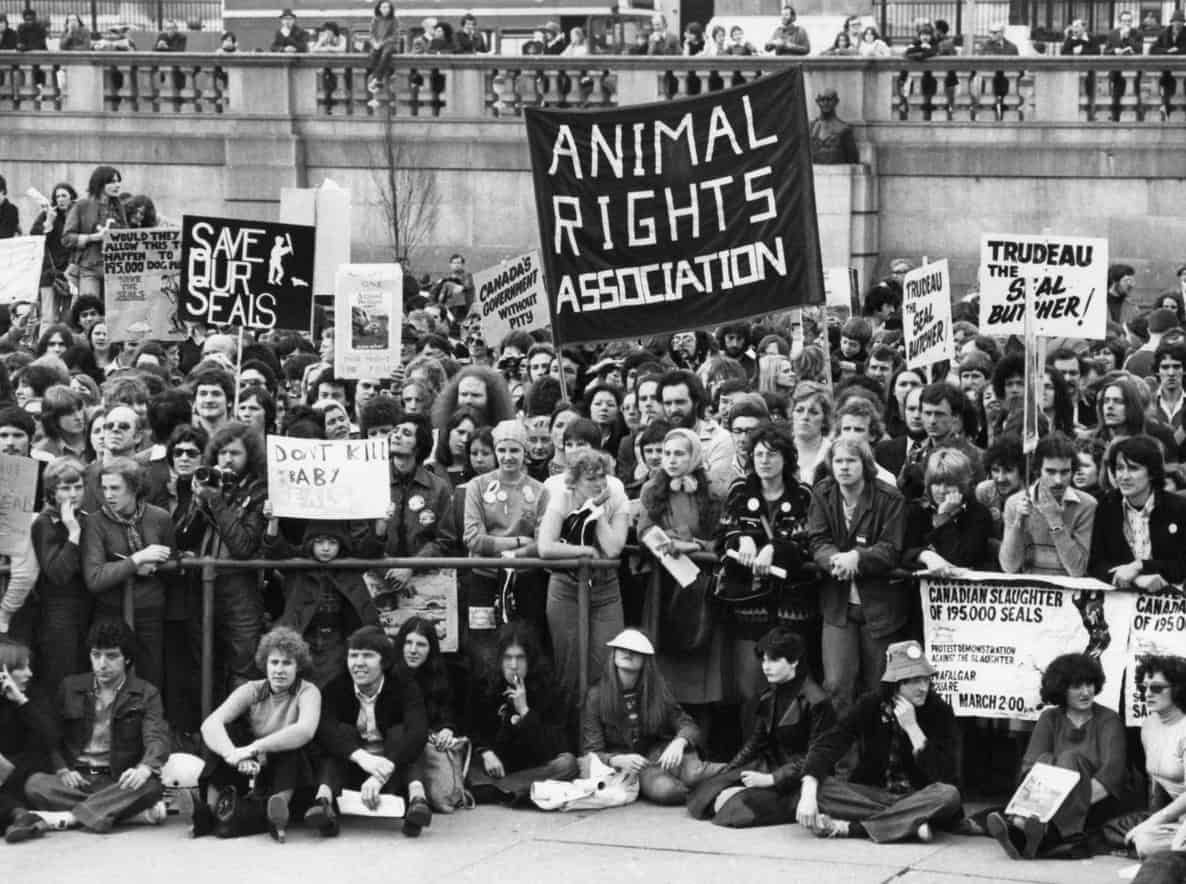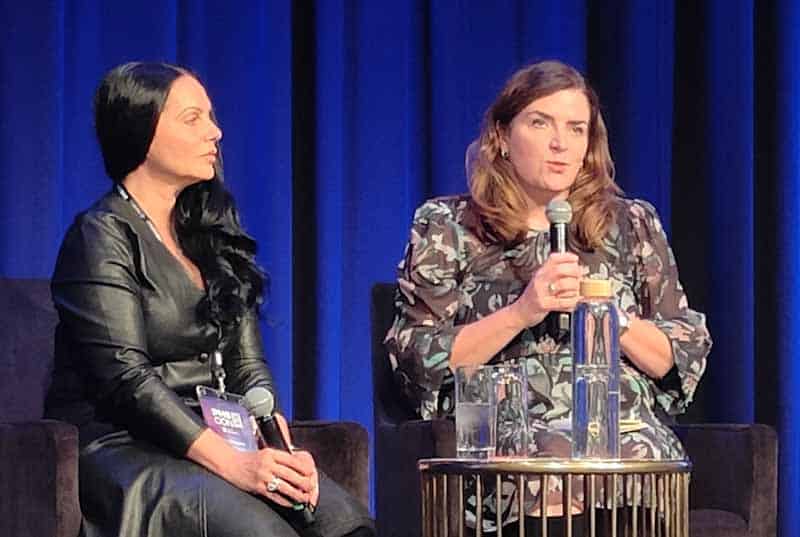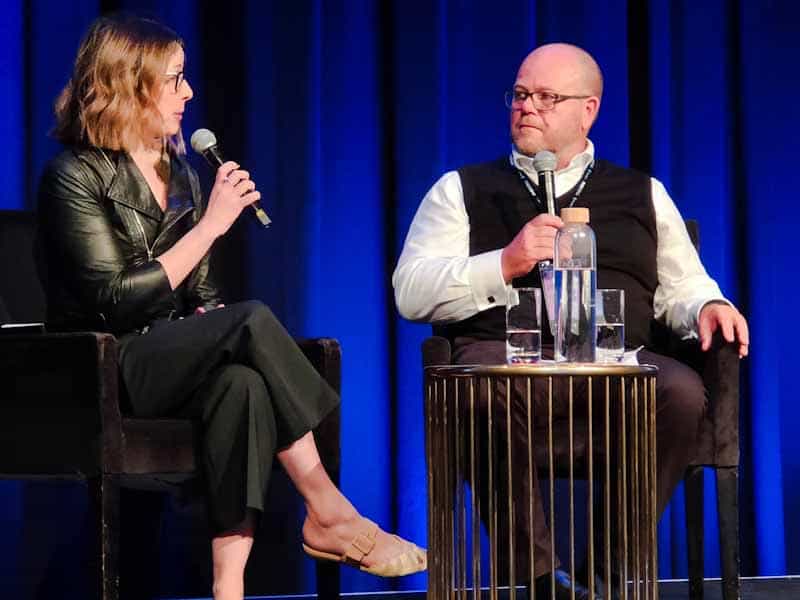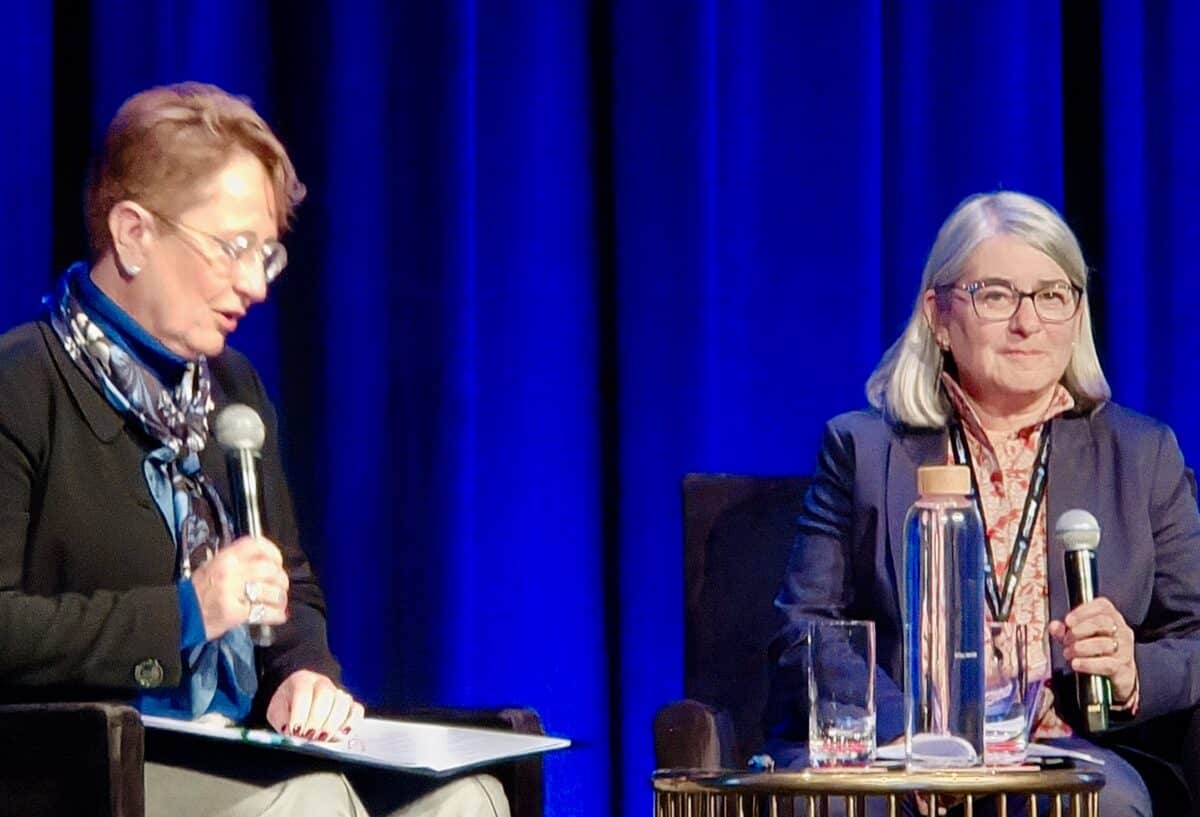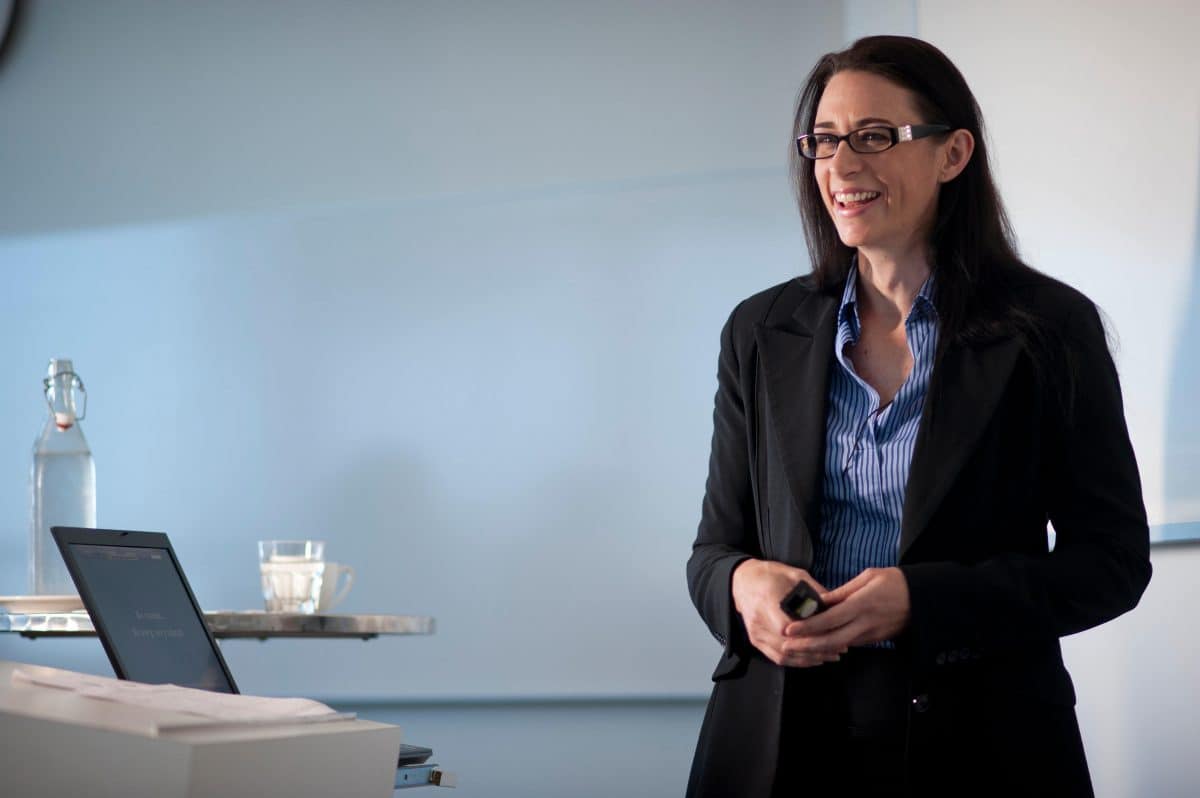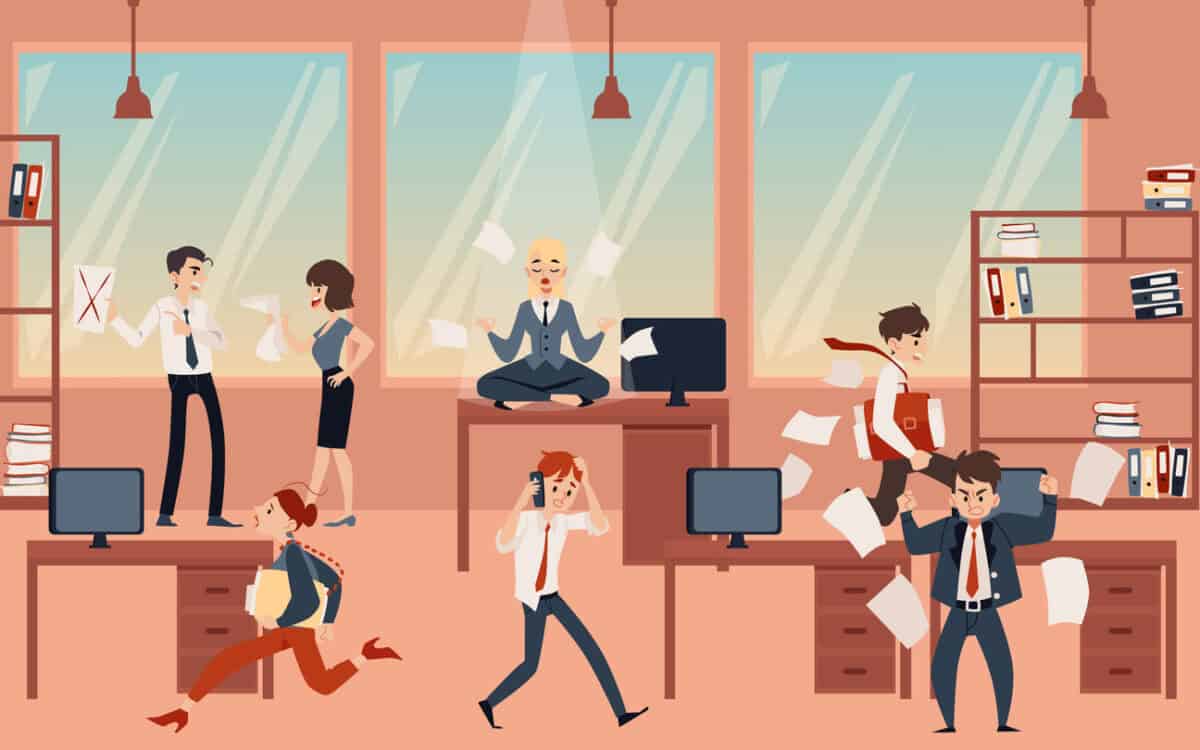Many people are promoting various tools, usually apps, for identifying and managing psychosocial hazards at work. Some experts in the field of organisational psychology are cool on these tools, others are dismissive of poorly designed tools promoted by rent-seekers, others promote free tools, and some say that all the information required is already available if you ask for it and if the keepers of the data will share.
Category: health
A broad perspective on Work, OHS and Mental Health
A whole generation of workers has grown up believing that if they are having a hard time at work, if they are not coping with the workload or the sexual advances of their boss, or their difficult workplace, or the discrimination they feel about their gender or their sexuality, that it’s their fault, and it’s their problem, and therefore, it’s their role to solve and fix it. But there were generations before the current one, and I’m from one of those earlier generations. When I started work, there was good work and safe jobs, and there were social movements for women’s rights, and then gay rights and dignity at work, and respect at work. It was far from a paradise, but there was exciting progress and lively, challenging debates and social protests. A little of that passion has returned this decade, but more is needed.
Let’s talk about Zagi
Zagi cried. I cried, and the conference delegates cried. Zagi Kozarov‘s presentation at the Psych Health and Safety Conference was confronting, disturbing, and a highlight. Occupational health and safety (OHS) conferences often hear from survivors of physical work injuries and, usually, wives of deceased workers, but Kozarov spoke of the injustice she faced from her managers in an industry sector that few would want to work – the (then) Specialist Sex Offences Unit of the Office of the Public Prosecutor (OPP). What she saw at work was horrific, but the job was less the source of her mental anguish than the negligent treatment she received from her managers.
Caution: this article mentions sexual abuse and assault.
Slow progress on mental health at work
Delegates at the recent Psych Health and Safety Conference were desperate for case studies on how psychosocial hazards are being prevented in Australian workplaces. Instead, they were largely presented with examples of how to manage psychosocial hazards, and many of those strategies were unsurprising – policies, training, counselling, leadership buy-in – and were familiar to those who have been applying well-being programs in their workplaces for years. Several speakers called these strategies bullshit. The most vocal of these speakers was David Burroughs, who was at the conference in a personal capacity.
Psychosocial incidents to be notifiable in Australia
The CEO of Safe Work Australia, Marie Boland, told delegates of the Psych Health and Safety Conference in Sydney on June 19 2024 that psychosocial injuries are likely to be notifiable to occupational health and safety (OHS) regulators, including instances of work-related suicide.
The psychosocial message may be getting through
Recent Australian insurer Allianz released survey data that revealed:
“….half of surveyed Australian employees claim they feel fatigued and burnt out”.
This report generated a recent article (paywalled) in the Australian Financial Review (AFR), which included some important comments from Dr Rebecca Michalak. Her comments are an important introduction to a week that includes SafetyAtWorkBlog’s exclusive reporting on The Psych Health & Safety Conference.
A mental health book for leaders and HR professionals
Australian lawyer Fay Calderone has published a book called “Broken to Safe – Tackling Toxic Workplace Cultures and Burnout”. The intended readership seems to be “leaders” and Human Resource (HR) professionals. Occupational health and safety (OHS) is mentioned occasionally, but OHS professionals will find much to frustrate them about this self-published book.

